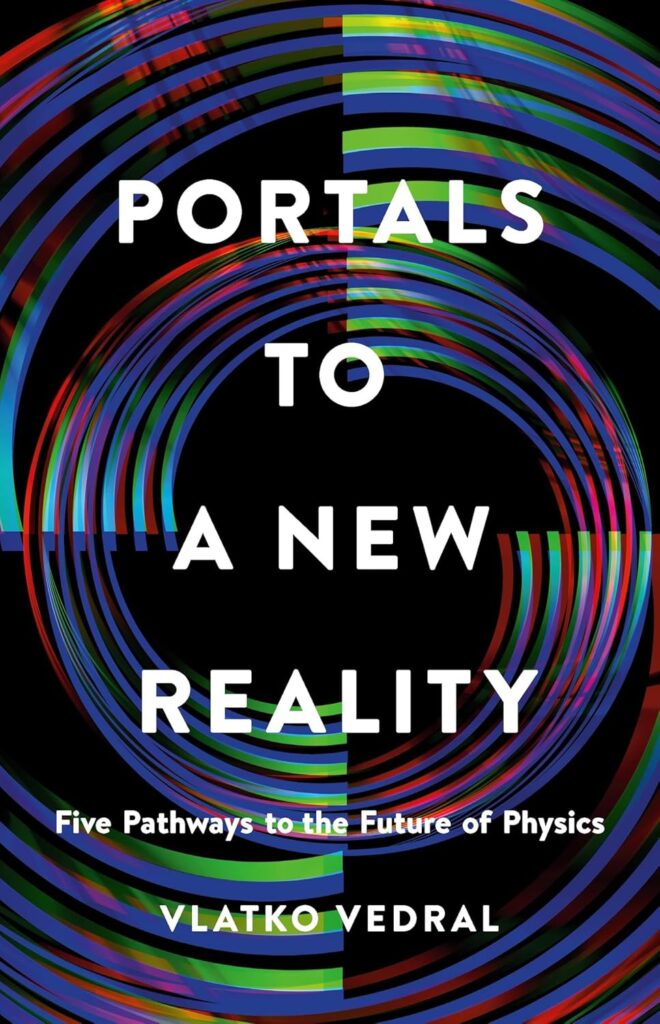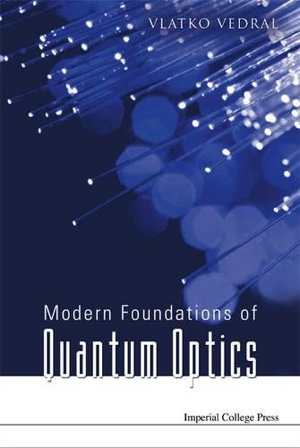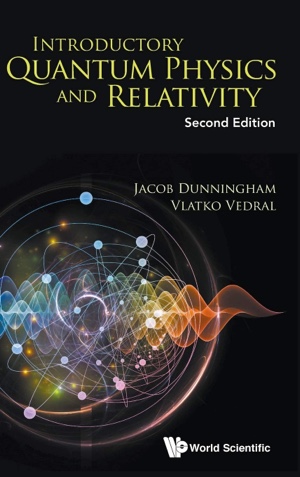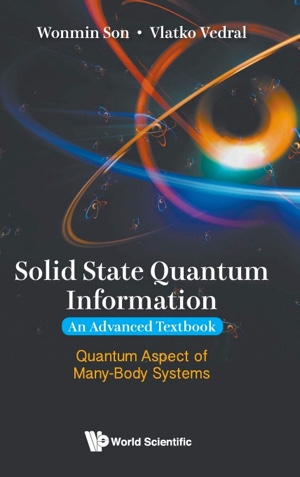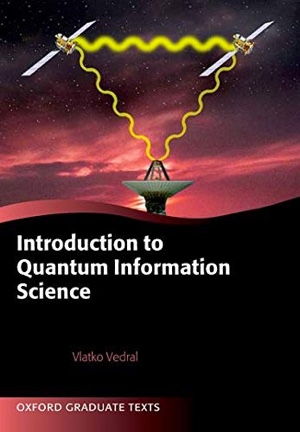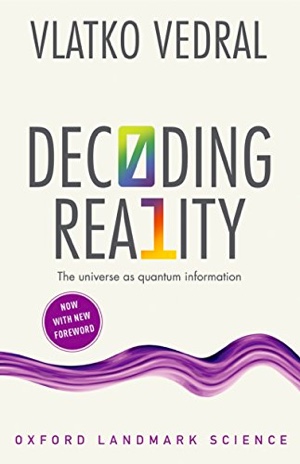Spacetime and Memory
Despite the fact that the theory of relativity unified space and time into one entity called spacetime, many physicists (and philosophers and others) feel that time somehow holds a different status to space. We can move about in space at different speeds, backwards and forwards, however, we always seem to be moving forwards in time (we are born, grow up, live and then die).
But what is the speed at which we move through time? (a joke has it that it’s one second per second). There is, in fact, an argument from relativity to suggest that we move through time always at the speed of light! (time is here measured in meters). Suppose that we are sitting down and drinking beer in my favourite pub in Oxford, The Royal Oak. As we finish the first round, I offer to buy the next one. You think, “wow, Vlatko’s a really generous dude”. However, that’s not why I offered.
I have the following plan in mind (basically the so-called twin paradox in relativity). You’ll be sitting there passively waiting for me to go to the bar, get a drink and walk back. When I come back some of the time has passed for you. But some of my time has gone into walking in space instead (that’s why I needed to measure time in meters so that it’s on an equal footing with space). Therefore, the amount of time I aged is smaller than yours since part of it was spent on moving in space! By not just passively sitting and waiting, I have actually reduced the distance I travelled in time and am now younger than you.
I am of course ignoring that fact that drinking alcohol ages me much faster than anything relativity could do to the contrary; but since you too are drinking, I am still better off (other than financially speaking, of course).
However, no matter how I do this, I can never come back younger than I left (unless you believe in time travel, which is not part of special relativity, some would say not even general relativity). Only when one moves at the speed of light (and no object with mass can do so) time stands still. Otherwise, and for all material objects, it always advances and it never goes back. It is because of the special properties like this, which can be used to discriminate the time direction from the 3 spatial ones, that some people maintain time is more fundamental.
I’ve written before that there is the exact opposite view to this, namely that only space exists and that time simply means that an object exists at different points in space (which itself signifies different times, just like different spatial positions of the hands of a clock mean different times).
But there is a third option. It is possible that neither space nor time exist (as fundamental) but are simply figments of our imagination. What if they were tricks of our memory to make us handle the vast amounts of information we are continuously bombarded with?
Let me spell out what I have in mind. About a billion photons hit our eyes per second. Given that we have on the order of 10 billion neural synaptic connections in the brain, our capacity to story new information would be gone in 10 seconds. We would not be able to do anything from then on and the coroner would ultimately issue a certificate declaring “death due to information saturation”.
This obviously doesn’t happen, which means that we do not store all this information. We distil the relevant bits and discard the rest. No one really knows how this works, but what if it’s this process of data compression that actually leads us to think in terms of space and time?
I’ll give you a simple example. Suppose that there are 6 different states of an entity that we are observing. Suppose furthermore that we have 6 observations as in Fig. 1 (taken from Heinz von Foerster, who also believed in connections between memory and time). Then the number of different possible sequences is 6 times 6, 36 (it is much higher even for this due to the complexity of the image, but let us ignore this for the moment). This requires 6 bits of information to store, i.e., we need 6 neurons each having an “on” and an “off” state (2 to the power of 6 = 36). It is however more efficient to think of the process as “a simple unicellular animal pulling itself up through an extended capillary”.
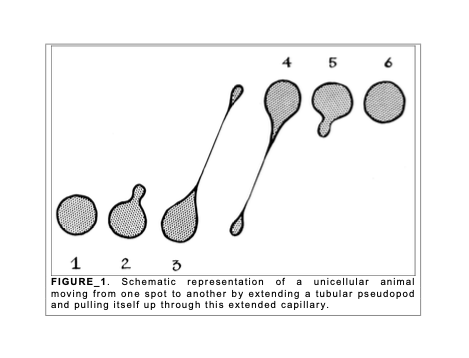
What I am suggesting here is that space and time might be a data compression trick executed by our brain in order to present to us the outside world more economically. It’s the same as what a magician would advise you to do in order to be able to memorize a deck of 52 cards in under a minute.
The number of possible strings is 52 factorial (52!), which is 52 times 51 times 50 times…times…times 3 times 2 times 1. That’s a stupendously big number (which would occupy hundreds of your neurons). The strategy, however, is not to memorize the cards blindly (this would be a lot of effort), but to make up a story in space and time that would represent their order. So, “my wife bumped into a caveman whose pig was eating diamonds…” simply represents “the Queen of hearts (wife) followed by the King of clubs (caveman), followed by the 3 (pig) of diamonds and so on…”. It is because we naturally remember stories involving people doing things in different places that converting card orders into them is efficient. Stories in spacetime stick to our memory more efficiently that sequences random numbers and objects.
Could quantum mechanics help us here? Yes and no. Quantum bits can, in general, be compressed more than classical bits. The procedure for quantum data compression is due to Ben Shumacher, the person who discovered quantum bits in the first place. However, this works only because quantum states are in general less distinguishable than classical.
This is a consequence of quantum superpositions, namely that quantum systems can exist in different states at the same time. Suppose that an atom can be in its ground state of energy or in an excited state of energy – this is like a logical zero and a logical one respectively. However, an atom could also be in a superpostions of being grounded and excited at the same time (i.e., logically this is a superposition of the zero and one). These superpostions are different states to being grounded and being excited, but they cannot be perfectly discriminated from them.
This inability to discriminate quantum states perfectly is behind Heisenberg’s infamous uncertainty principle. The better you know the position of a particle (one set of states), the less well you know its speed (another set of states).
Could it be that some of our memories are stored in these kinds of quantum superpositions? Some prominent people (Roger Penrose comes to mind) certainly think so. It would definitely lead to a greater efficiency in terms of our brain capacity. We could remember more, however, at the same time, our memory would necessarily end up being fuzzier.
So next time your friend tells you off for forgetting to do the shopping on the way back from work, tell them that “it’s all because of the Uncertainty Principle, stupid”. And you might just be right. But, please don’t hold me responsible for the possible deterioration as far as your personal relationships are concerned (I should know).
Sign up to my substack
BOOKS
ASK ME ANYTHING!
If you'd like to ask me a question or discuss my research then please get in touch.
